
Technical, economic, and managerial have emerged as some of the major challenges India has to face while deploying smart grids. Following is a detailed analysis of these challenges.
Technical Challenges:
Inadequate Grid Infrastructure: The electrical infrastructural resources of India are not at par with requirements, and its transmission and distribution networks were aging structures by the capacity constraints of which large-scale deployment of smart grids was prevented. Transmission and distribution losses are very high, about 20%, voltage fluctuation, and frequent power cuts.Data Management and Privacy Concerns: Smart grids have big volumes of data that are used in managing and distributing power optimally, hence raising vital issues related to data security and privacy protection. User data leaks may result in serious breaches of privacy.
Renewable Energy Integration: While renewable sources of energy such as solar and wind are being pursued with vigor in India, appropriate integration of their intermittency and unstable nature into the existing grid is an issue.
Lack of Ancillary Services: Ancillary service systems are to be installed in smart grids for maintaining stability, and this area is considerably lacking in India.
Device & Technology Compatibility: Ensuring interoperability and compatibility among various heterogeneous devices and technologies involved in smart grids is yet another challenge.
Economic Challenges:
High investment costs: A fully-fledged smart grid involves high investments in smart meters, automation control systems, and communication networks. Though it saves a lot by reducing theft and wastage, the initial costs are very high, and the payback period is long.Imperfect Market Mechanisms: Liberalization of the power market is yet incomplete in India, and incomplete market mechanisms impede the encouragement and implementation of smart grid projects.
Tariff Structures & User Acceptance: Smart grid, in effect, introduces dynamic pricing mechanism that will make the user rational in using power. The tariff system is not so well-developed in India. The acceptance of smart meter and remote control by users is very low.
Managerial Challenges:
Policy & Regulatory Delays: While several smart grid pilots have been undertaken in India, the policy and regulatory environment has not kept pace with such implementation, and a unified standard and norm are lacking.Personnel Training and Capacity Building: The services of technically qualified staff are required to manage and administer the smart grids. At present, India is quite deficient in the numbers of personnel so required. For successful implementation of goals, capability building of personnel is of extreme importance.
Public-Private Partnership Models: Public-Private Partnership Models is a challenge for viable funding and technological assistance. The challenge is how to balance stakeholder's interests and coordinate resource allocation.
Regional Coordination: Having contrasting regional supply and demand of power, one of the biggest challenges in developing the smart grid is the efficient coordination of inter-regional power scheduling.
Of course, while these challenges are difficult, the benefits accruing to smart grids in improving the efficiency and reliability of Indian power systems can hardly be overlooked. Better infrastructure, better market mechanisms, development of better technologies and better management capabilities, policy support, and adequate financing will help build progressive progress in reaching the goals related to smart grids. In addition to solving the problem of current power shortages, this will be conducive to further sustainable development in the future.



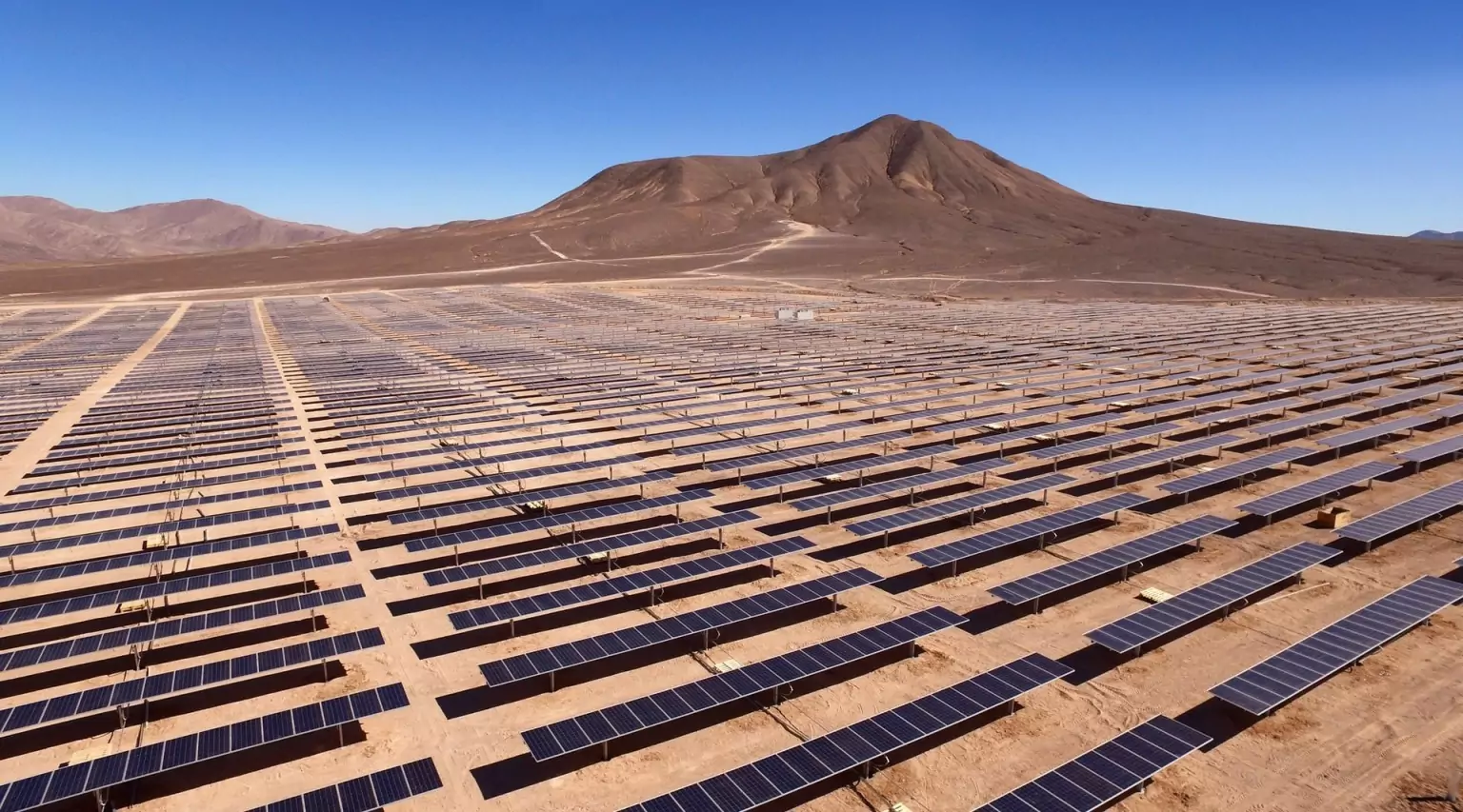
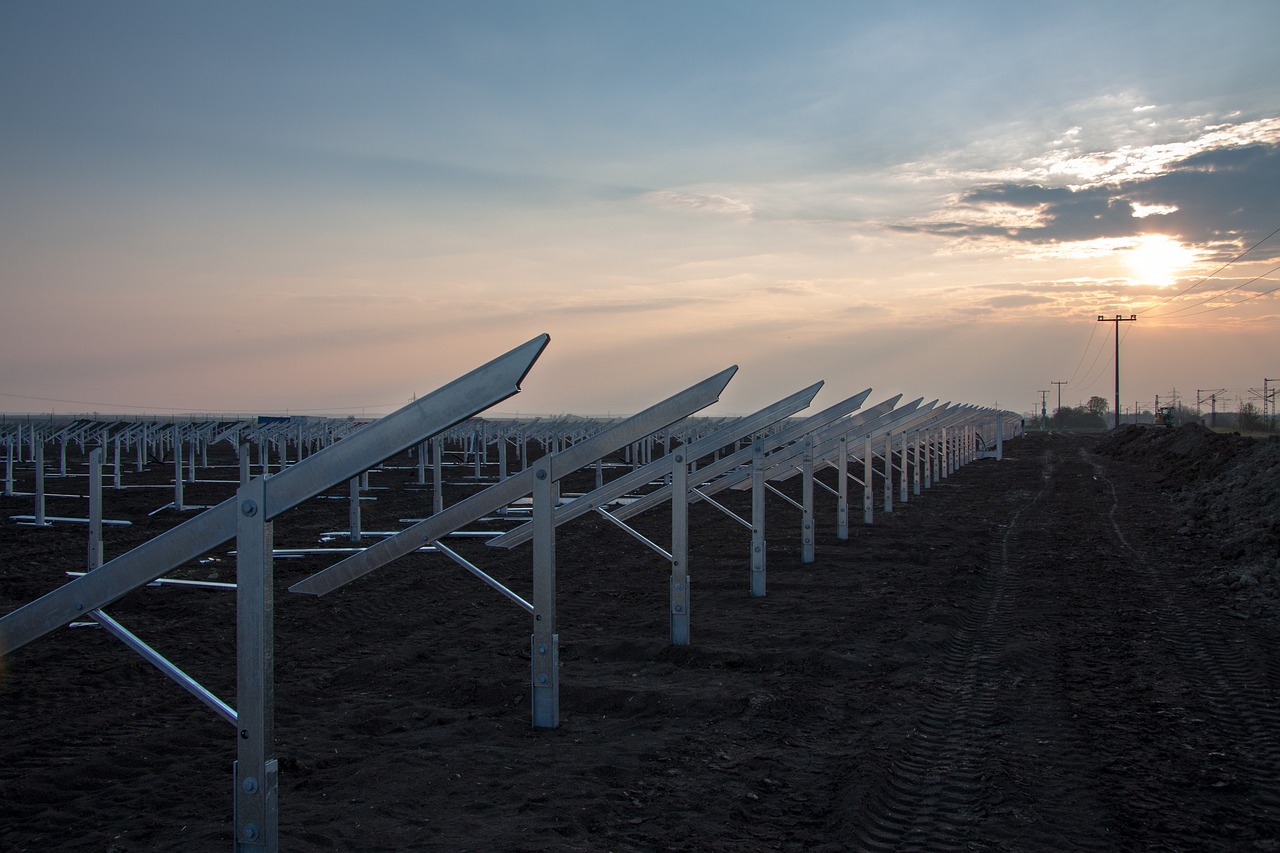


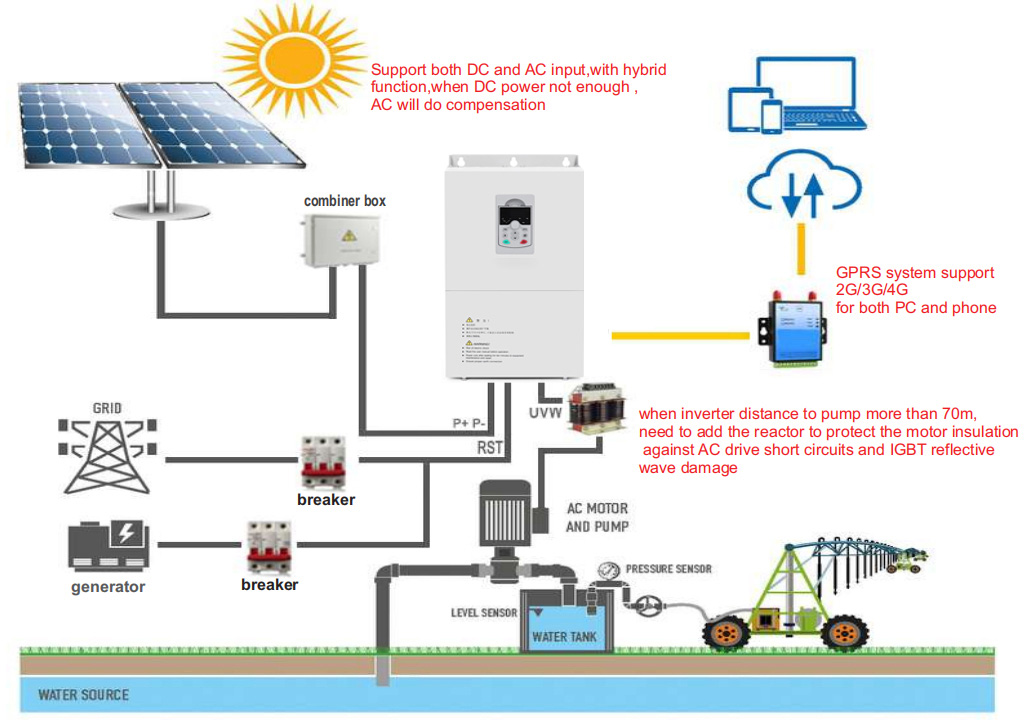
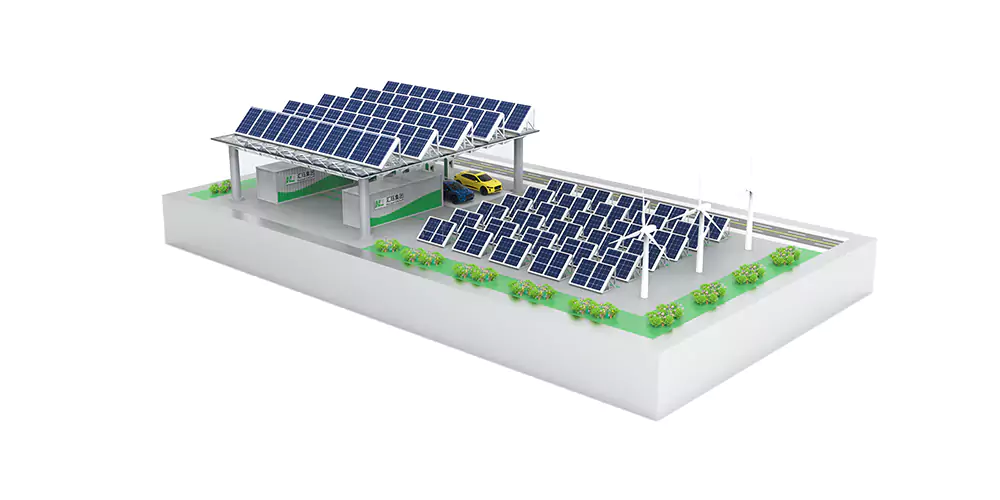

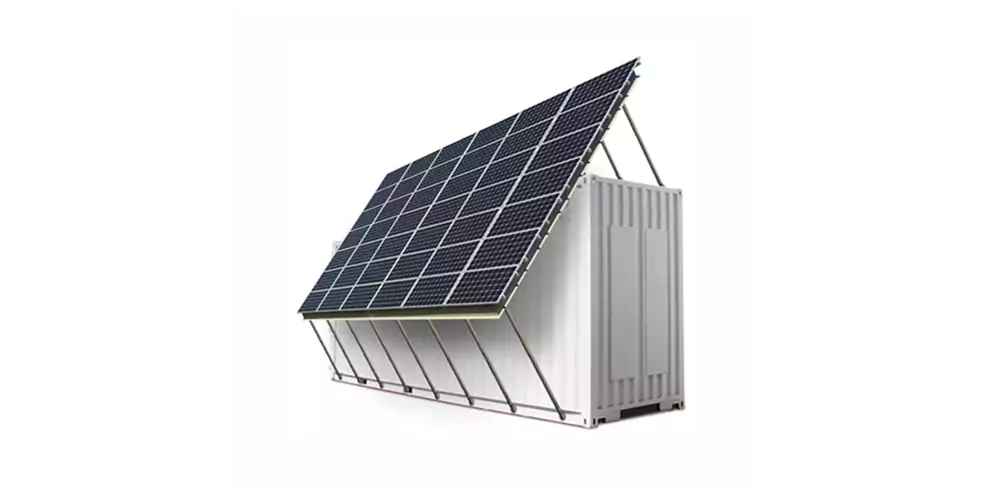









 Inquiry
Inquiry Online Chat
Online Chat